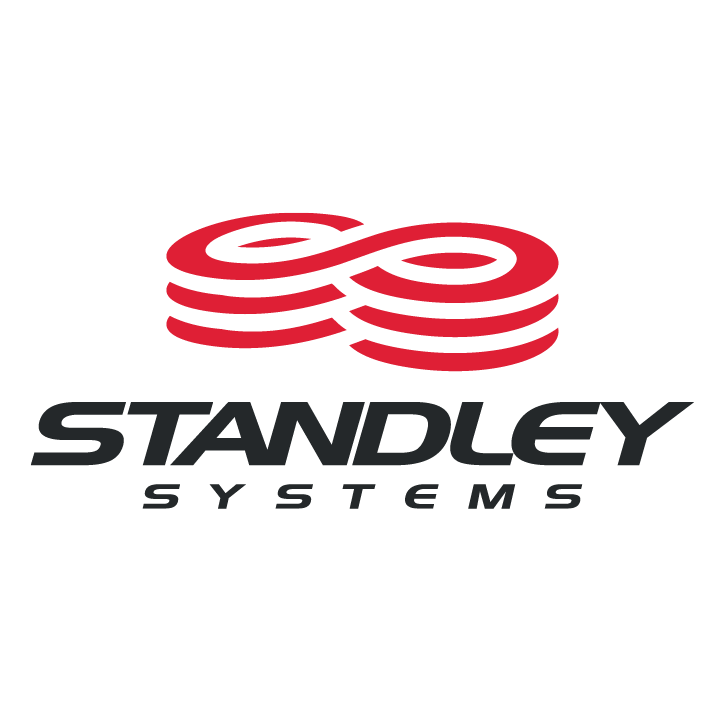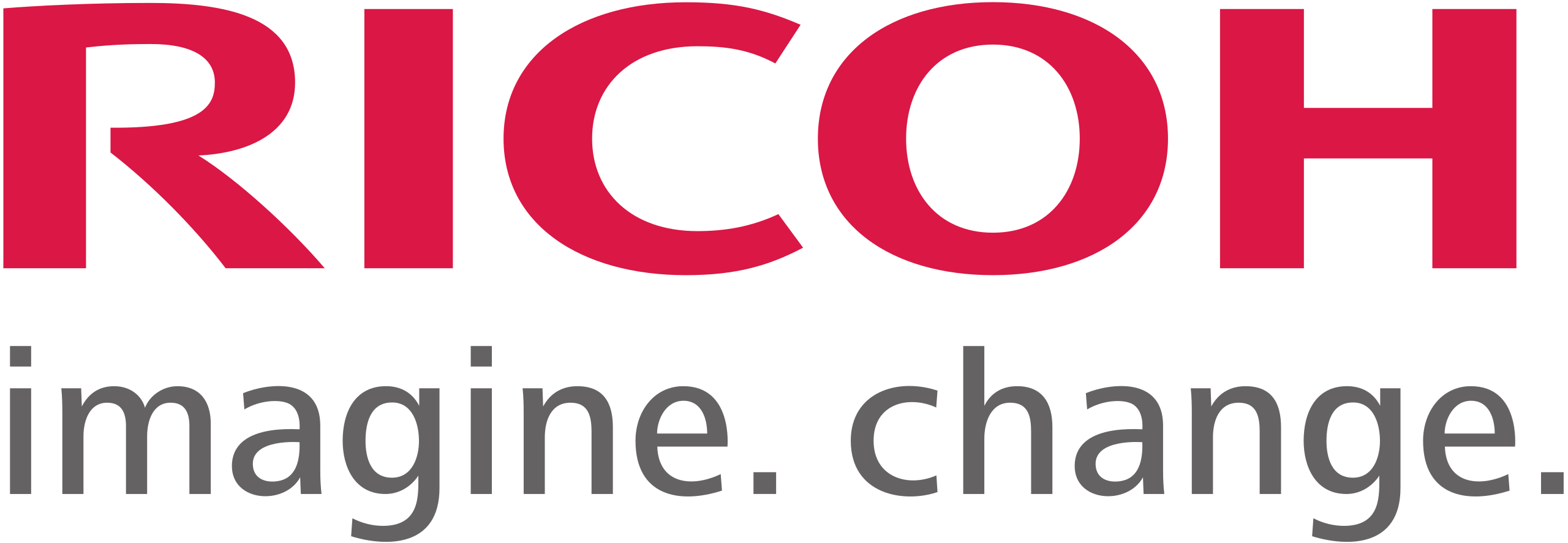4 min read
How a Document Management System Can Improve Risk Management and Fuel Business Growth
By:
Standley Systems Staff
on
October 22, 2024
Updated: October 22, 2024

Small businesses are particularly vulnerable to risk because they don’t usually have the resources to absorb significant losses. The average cost of a data breach in 2024 is $4.88 million — a price that could put many small companies out of business. Other types of risks carry similarly stiff potential fees and penalties.
One of the biggest contributors to risk is having information scattered across different systems and platforms. A centralized document management system (DMS) can help protect you from risk and support business growth.
Understanding Risk in Small Businesses
Businesses face many different types of risks, which is why large corporations have entire departments dedicated to risk management. The most common types of risks include:
- Compliance risk: Failure to comply with the laws regulating your industry or operations
- Financial risk: Any factor that could negatively impact your company’s profits, such as carrying too much debt or not having adequate insurance coverage
- Operational risk: Any event that could interfere with your ability to perform normal business operations, such as a technology failure or natural disaster
- Reputational risk: Episodes that could harm your company’s reputation, such as a data breach or an employee going viral for all the wrong reasons
Small businesses have to minimize their risks without the benefit of a risk management department, usually on top of many other responsibilities. Poor document management makes their job harder because it can lead to lost documents, data that isn’t properly secured, and miscommunication with customers and partners. If you’ve ever lost an important contract or wasted hours searching for an important file, you’ve experienced risk firsthand.
What is a Document Management System?
A document management system includes the processes and systems you use to organize, process, track, secure, and access documents such as PDFs, digital files, and paper contracts. It’s basically an extremely organized, secure digital filing cabinet. However, instead of having to remember exactly where you filed something, you can easily find your digital documents using multiple different labels. For example, you can find a supplier contract you signed with World’s Best Widgets by searching for “supplier,” “widgets” “World’s Best” or other relevant keywords.
Outsourcing your document management can make the process even easier. Experts will handle all the processing and technology so you can easily find what you need when you need it — without the hassle.
Risk Management Benefits of a DMS
A DMS can help with risk management in several key ways:
- Data security and compliance: Your documents will be stored securely using technology that complies with data and privacy protection regulations such as the General Data Protection Regulation (GDPR) and the Health Insurance Portability and Accountability Act (HIPAA). These measures can help you avoid expensive fines and penalties.
- Document retrieval and control: You can easily access any document you need immediately. This can be a lifesaver if you need a particular document during an audit or legal scenario when your nerves are frayed and the stakes are high.
- Disaster recovery: You’ll have enough to worry about in the event of a disaster. A DMS will protect your data from fires, floods, and power outages. During events like this, you’ll be able to quickly recover and resume ordinary operations without having to track down or recreate all of your documents.
How DMS Fuels Business Growth
In addition to helping you manage risk, a DMS can help your business grow. Outsourcing your document management allows your team to focus on your core business operations instead of searching for and organizing documents.
It can also scale with your business. You can easily manage more data as your business grows without hiring additional staff or spending time and money on complicated systems.
Your teams can work together more efficiently, boosting your productivity. This is particularly useful if you’re expanding with dispersed teams that often need to work asynchronously.
The Bottom-Line Impact of a DMS
Modern businesses rely on data. A DMS puts you in charge of your information. Outsourcing your document management saves you money on physical storage, hardware, software, and labor. It also reduces the risk of financial and legal penalties for noncompliance, which can be devastating for small businesses. You can concentrate on building your business and doing what you do best.
Risk mitigation is one of the less glamorous parts of doing business, but it’s necessary if you want to thrive and grow. Reducing your risks directly equates to protecting your profits.
You’ll also be able to make more informed strategic business decisions. You won’t have to waste time looking for data hidden in your system. Instead, you can make faster decisions and get your products and services to market faster — which can give you a competitive edge.
Choosing the Right DMS for Your Business
As you would with any business partner, you’ll need to do some research to find the right document management provider. Look for a vendor that's an expert on compliance and risk management and provides a system that’s easy to learn with an intuitive user interface. Ask if it can scale with your business and if its processes integrate well with your current systems. Working with a trusted DMS provider will give you peace of mind, knowing your documents — and business — are in secure hands.
Manage Risks and Grow Your Business With a DMS
A secure DMS reduces risk exposure, streamlines daily operations, and drives business growth. At Standley Systems, we understand that risk management and growth work together. When you know your data is secure, you can focus on new opportunities. We’ll work to create a system that works for you. Reach out today to talk to our experts.












